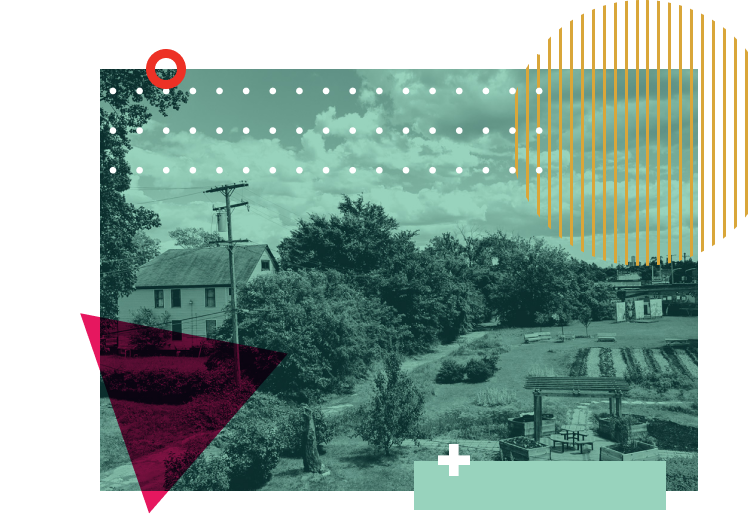
We’ve refreshed our strategy on how we approach economic equity. We will continue the work of providing a legal “offense” strategy for individuals and communities that are most vulnerable to policing and incarceration as ever, but we’ve restructured our practice into two branches: entrepreneurship, led by managing director Eric Williams and affordable housing, led by managing attorney Mark Bennett. Below, we detail what each branch can help clients with. It is important to note that our Economic Equity Practice does not provide litigation services. This means that if you are, for instance, looking to start a co-op, we are here to help you set up legal structures, but we cannot assist you if you are facing a lawsuit of any kind.
Our Economic Equity Practice’s (EEP) entrepreneurship services reflect the importance of entrepreneurship for those who have been impacted by our criminal system.
For example:
EEP is reaching out to Detroit area organizations and programs that support entrepreneurs and startups to help them identify justice-impacted participants, develop programs to support them and provide legal and business services as a part of such support. Justice impacted in this context refers to individuals who have been previously incarcerated as well as those who:
Our services cover a variety of transactional legal services, including:
The EEP Affordable Housing Group supports its clients in achieving their goals in all aspects of affordable housing, development, financing, and preservation. We serve clients with many forms of community ownership, including shared-equity models such as community land trusts & co-ops, social housing as well as naturally occurring affordable housing in both for-sale and for-rent communities. We assist with identifying real estate professionals as part of our clients’ development teams as well as supporting policy objectives at the city, state, and federal levels which enhance their long-term success.
Current policy objectives include:
A Community Land Trust (CLT) is a community-owned nonprofit that acquires, holds, and sometimes manages land, leasing it to others for residential, commercial, or agricultural uses. A CLT is a way to do community-led development of individually owned buildings on community-owned land. CLTs can create economically diverse communities, preserve affordable housing, prevent displacement, speculation, and unwanted land uses, discourage predatory lending and reduce foreclosures, create a source of income to support local needs and promote local entrepreneurship. DJC has had a hand in creating three of the first CLTs in Detroit. Our managing attorney Eric Williams has stated that “the community land trust model is the antithesis of gentrification. Rather than development happening to a community, the community shapes and drives development.”
EEP clients are primarily community groups, nonprofits, and democratically governed businesses based in either Detroit, Highland Park, or Hamtramck. For our worker-owned cooperative clients, we provide an array of transactional legal support, including drafting governance documents and member agreements, reviewing contracts, assisting with development of operational policies, training new boards of directors, researching industry-specific legal issues, assessing intellectual property protections, and hosting informational sessions on selecting a business entity, relevant labor and employment laws, and governance documents.
We collaborate with Detroit-based community partners that specialize in areas of technical assistance, such as business planning, accounting, and non-extractive financing, which are helpful to our clients and which complement our own services. We often work with community partners to support “co-op academies” rooted in specific neighborhoods or industry areas for Detroiters interested in learning more about cooperatives and cooperative economics. We have also assisted community partners in the development of resources, such as (1) succession planning toolkits for small business owners exploring the idea of selling their business to its workers and (2) self-guided educational materials about cooperatives. EEP consistently works with its community partners and clients to discuss and assess the needs of Detroit’s cooperative ecosystem and its role in Detroit’s growing solidarity economy.


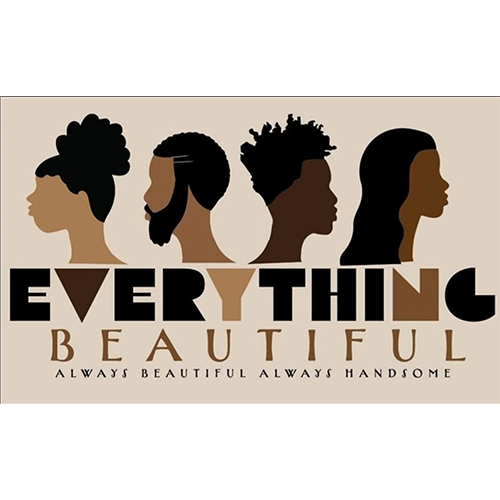
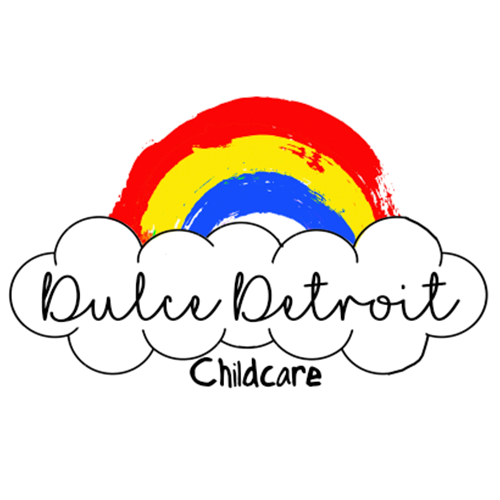

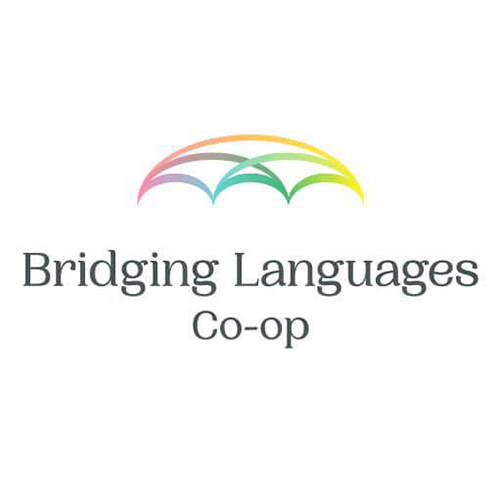
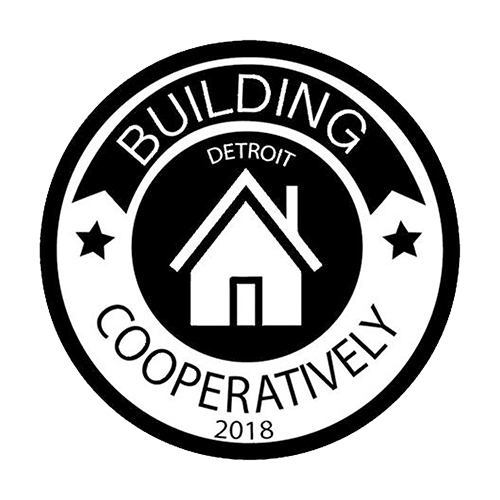

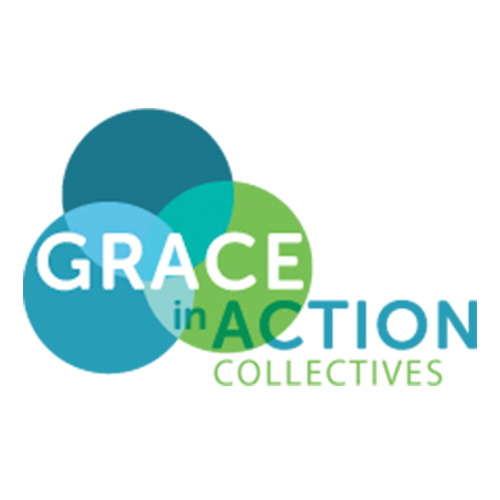

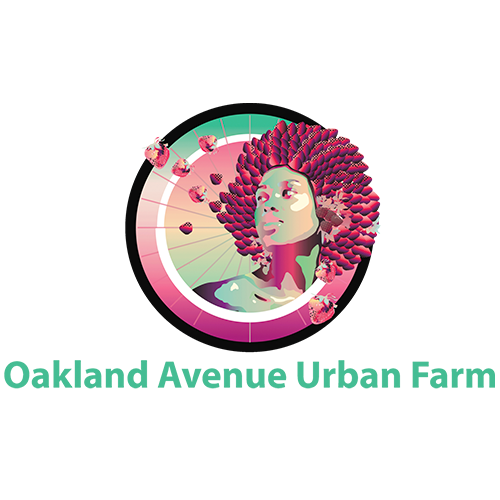




EEP supports community-based efforts to embrace returning citizens, nurture entrepreneurship, and transform local economies. EEP achieves this mission by focusing on:
EEP does not handle litigation of any type or criminal matters. EEP attorneys do provide a variety of transactional legal services, including business entity formation, applications for nonprofit recognition, contract drafting, business restructuring, business consulting, and board training. EEP also provides community education and engagement services.
The vast majority of EEP clients are organizations or communities based in Detroit, Highland Park, or Hamtramck. EEP provides limited transactional legal services to residents of Detroit, Highland Park, or Hamtramck who meet the following criteria:
Through the support of our sustaining donors and foundation partners, EEP is able to provide services at no direct cost. However, clients are responsible for any and all fees, including filing fees and registration fees.